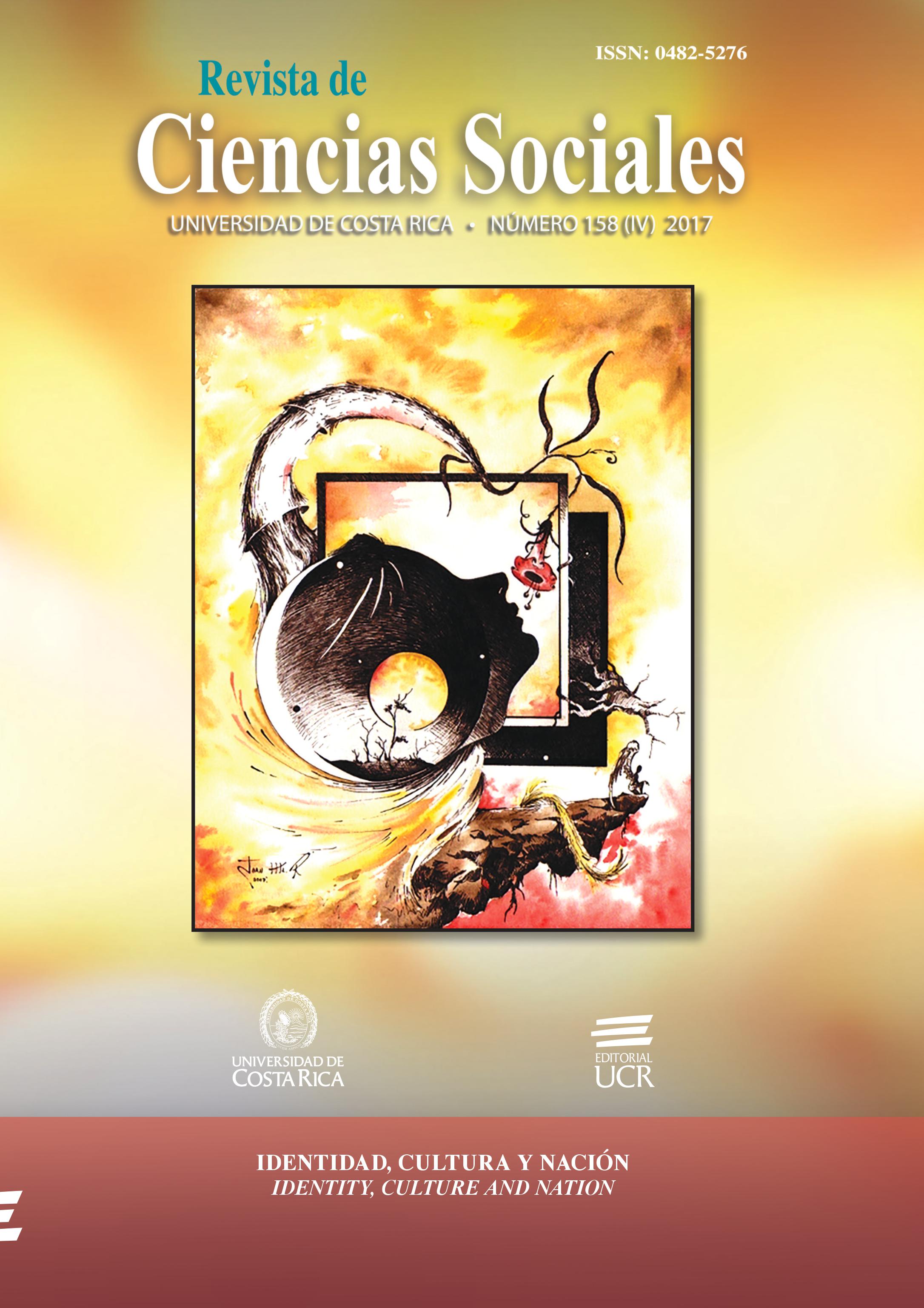Abstract
This article presents an analysis of the integration process of Latin America and the Caribbean, its level of complexity, the different existing mechanisms and their importance for the development of the countries of the region and the welfare of the population. In order to face this challenge, the historical analysis (heuristic, critical and synthesis) of integration processes at the level of North America, Central America, South America
and the Caribbean was used first. The second methodological decision involved studying from political sociology, the experience of each integration mechanism; identifying achievements, difficulties, challenges and perspectives, as opposed to the geopolitical composition of the region. The results suggest that the process of Latin American and Caribbean integration has taken decades; It has been a long process with advances and setbacks. In the process of integration have had to overcome difficult situations, which led to the incorporation of topics such as: social inequality, climate change, food security, justice, democracy, citizen participation, corruption.


